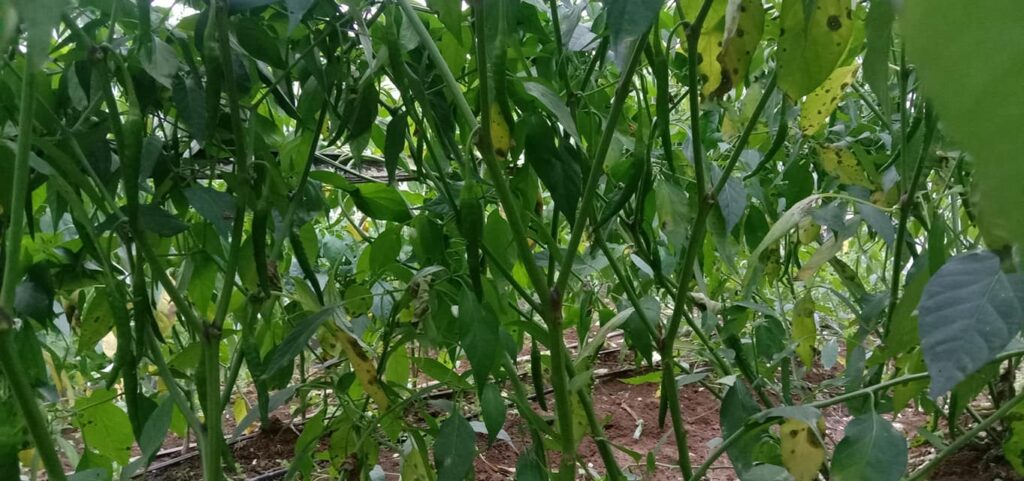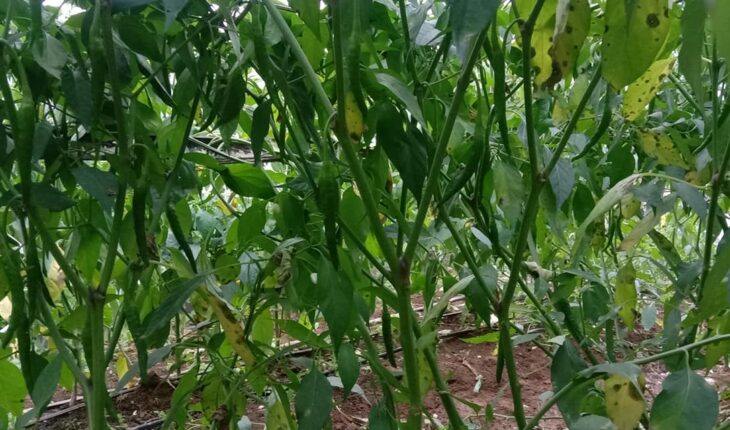
PHUL MAYA TAMANG
Gelephu
In the verdant landscapes of Chhudzom Gewog, nestled within Sarpang Dzongkhag, a quiet agricultural revolution is taking place.
Local farmers, traditionally dependent on conventional farming methods, have been transitioning to organic agriculture. This shift is not only in alignment with Bhutan’s national vision of achieving 100% organic farming but also caters to the increasing global demand for chemical-free produce.
As a ccommunity-driven ttransformation, the farmers’ move towards organic farming in Chhudzom Gewog has been a community-led initiative, with farmers banding together to adopt sustainable agricultural techniques.
Unlike conventional farming, which relies on chemical fertilizers and pesticides, organic farming emphasizes natural composting methods, crop rotation, and eco-friendly pest control strategies.
The shift has been encouraged by governmental policies and support from agricultural experts who provide training and necessary resources to help farmers adapt to the change seamlessly.
One of the primary crops gaining traction in the region is organic vegetables, along with various fruits and cereals.
Farmers have also started integrating traditional farming wisdom with modern organic techniques to enhance productivity while maintaining ecological balance.
This initiative aims to protect the biodiversity of the region, ensuring that farming practices do not negatively impact the rich flora and fauna of Bhutan.
With regard to the challenges in ttransitioning to oorganic farming, the farmers said their journey towards complete organic farming has not been without its challenges.
Farmers initially faced difficulties in obtaining organic fertilizers and bio-pesticides, which are less readily available compared to their chemical counterparts.
Additionally, the transition period required a change in mindset and adaptation to new farming methods, which was met with some resistance from farmers accustomed to conventional practices.
Another major challenge was the temporary decline in yield during the initial years of organic farming. Many farmers reported that their crop production dipped as their soil adjusted to the absence of synthetic fertilizers.
However, with perseverance and continuous training, they began to witness improved soil fertility and better-quality produce over time. Government subsidies and incentives further provided them with financial relief during the initial adjustment phase.
With the support from the Ministry of Agriculture and Livestock (MoAL) and non-governmental organizations (NGOs), the government, in collaboration with various NGOs, has played a significant role in supporting Chhudzom Gewog’s farmers.
Agricultural officers regularly visit farms to educate locals about organic fertilizers, composting techniques, and natural pest management. Several workshops and training sessions have been organized to bridge the knowledge gap and equip farmers with the necessary skills.
Additionally, financial aid and subsidies for organic farming equipment, such as compost pits, greenhouses, and water management systems, have been provided. These efforts have significantly eased the burden on farmers, making the transition smoother and more feasible.
The Market for Organic Produce has been on the increase. The shift to organic farming has opened up new economic opportunities for the farmers of Chhudzom Gewog.
Organic produce is increasingly sought after both locally and internationally due to its health benefits and environmental sustainability.
Moreover, the demand for Bhutanese organic vegetables and cereals has been growing in nearby markets, including India, where consumers are willing to pay premium prices for chemical-free food.
Farmers have also begun forming cooperative groups to streamline production and marketing. By selling their produce collectively, they are able to negotiate better prices and reach larger markets.
Furthermore, the establishment of organic certification standards has helped enhance the credibility of their produce, allowing them to compete more effectively in the broader marketplace.
Environmental and Health Benefits for the organic products has been very immense. Organic farming has contributed significantly to environmental conservation in the region. By eliminating chemical inputs, farmers have helped preserve soil health, improve water quality, and protect biodiversity.
The use of compost and natural fertilizers has enriched the soil, ensuring long-term sustainability in agriculture. Crop rotation and polyculture practices have also reduced soil erosion and increased resilience against pests and diseases.
From a health perspective, organic farming has minimized farmers’ exposure to harmful pesticides and chemicals, leading to overall improved well-being. Consumers, too, benefit from higher nutritional value and the absence of pesticide residues in their food.
However, ddespite the progress made, farmers said there is still much to be done to ensure that organic farming remains sustainable and profitable for the farmers of Chhudzom Gewog.
Continued government support, research on organic farming techniques, and improvements in supply chain management will be crucial in further strengthening this movement.
To build on their success, farmers are exploring innovative techniques such as permaculture and agroforestry to diversify their produce while maintaining sustainability.
The introduction of organic farming courses in local educational institutions is also being considered to inspire the next generation of farmers to embrace eco-friendly agriculture.





